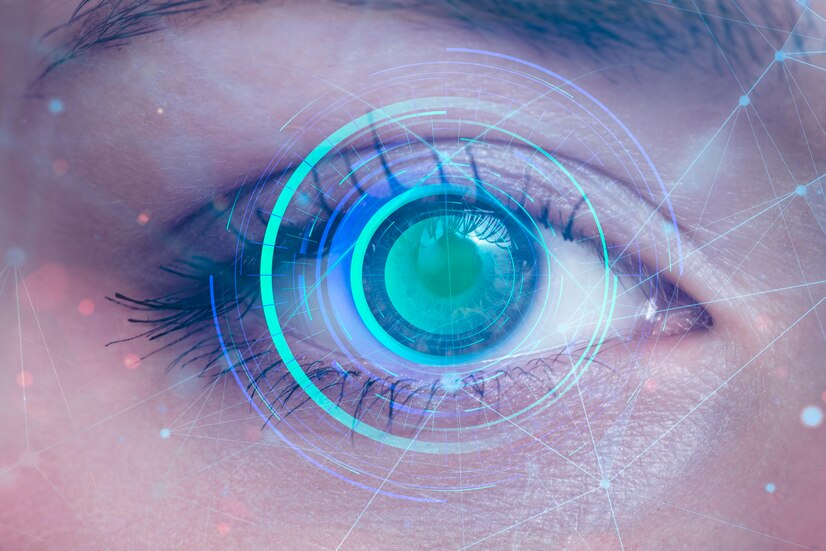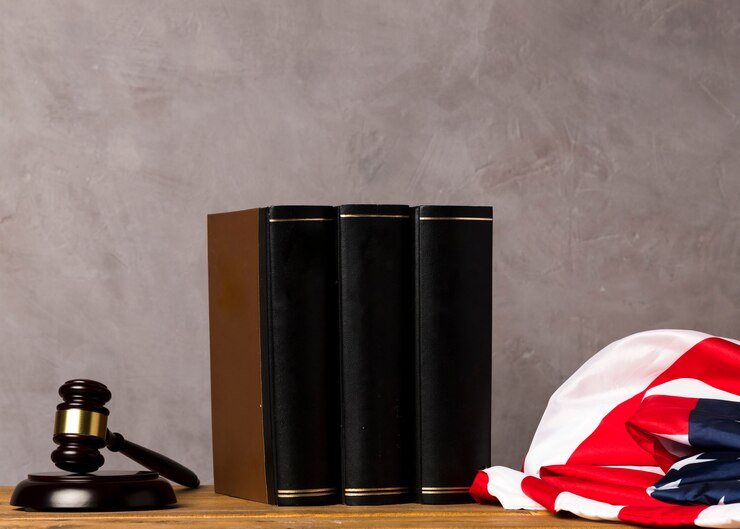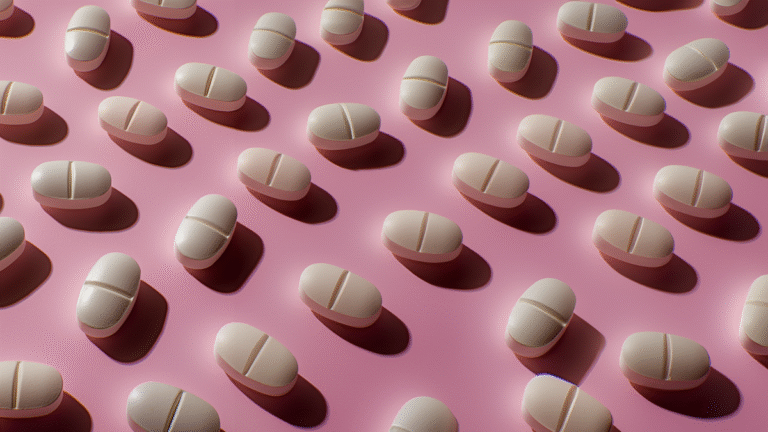🌿 CBD for Eye Health: Glaucoma and Macular Degeneration
Table of Contents
Exploring Natural Support for Vision Wellness
As research into cannabinoids continues to evolve, CBD (cbd roll on for pain) has emerged as a promising natural supplement for many health conditions — including those affecting vision. Among the areas of growing interest is CBD for eye health, particularly for conditions like glaucoma and macular degeneration. In this blog post, we’ll dive into how CBD may support ocular wellness, the science behind its potential effects, and what you need to know before using CBD for your eyes.
👁️ CBD for Eye Health: Glaucoma and Macular Degeneration

CBD for Eye Health becomes increasingly important with age. Two of the most common and serious eye conditions include:
🔹 Glaucoma
Glaucoma is a group of diseases that damage the optic nerve, often due to increased intraocular pressure (IOP). If left untreated, it can lead to vision loss and even blindness. Reducing IOP is key in glaucoma management.
🔹 Macular Degeneration
Also known as age-related macular degeneration (AMD), this condition affects the macula — the part of the retina responsible for sharp central vision. It can lead to blurry or distorted sight, especially in older adults.
🌿 How CBD May Support Eye Health

1. CBD and Intraocular Pressure (IOP)
One of the earliest hypotheses around CBD and glaucoma was whether it could help lower intraocular pressure. Some early animal studies showed mixed results. While THC (another cannabinoid) has demonstrated temporary reductions in IOP, CBD’s effects on pressure are still inconclusive. In some cases, CBD might actually increase IOP — which would be counterproductive for glaucoma sufferers. Therefore, more precise studies are necessary.
2. CBD as an Anti-Inflammatory
Both glaucoma and AMD involve inflammation and oxidative stress in eye tissues. CBD is well-known for its anti-inflammatory and neuroprotective properties. By reducing inflammation, CBD may help protect nerve cells in the eye and slow degeneration.
3. CBD and Oxidative Stress
CBD is also a powerful antioxidant, which could help neutralize the oxidative damage associated with aging and retinal disorders. Protecting cells from oxidative stress is especially important in preventing further damage in AMD.
4. CBD’s Neuroprotective Potential
Neuroprotection is crucial in diseases like glaucoma, where damage to the optic nerve leads to vision loss. Some studies suggest that CBD can protect neurons, possibly helping preserve vision over time.
5. Endocannabinoid Receptors in the Eye
The eye has its own endocannabinoid system, which regulates various ocular functions. CBD interacts with these receptors, though not always in the same way as THC. Understanding this relationship is key to tailoring CBD therapy for eye-related conditions.
⚠️ What the Research Says
While animal models and early-stage trials show promise, human clinical studies are still limited. Some research even warns against using high doses of CBD for glaucoma due to potential IOP elevation. However, researchers continue to explore optimal dosing, delivery methods, and CBD combinations that may work safely and effectively for eye conditions.
For now, anyone interested in CBD for eye health should consult an eye care professional and use CBD under supervision, especially if dealing with serious conditions like glaucoma.
✅ Tips for Using CBD for Eye Health
- Choose full-spectrum CBD with low THC levels to potentially benefit from the entourage effect
- Avoid self-dosing, especially if you have a diagnosed eye condition
- Start with small doses, and monitor how your body responds
- Look for lab-tested products with clear COAs (Certificates of Analysis)
- Use CBD as a complementary approach, not a replacement for prescribed treatments
❓ Frequently Asked Questions (FAQ)
1. Can CBD cure glaucoma or macular degeneration?
No. While CBD shows potential for symptom relief and neuroprotection, it cannot cure glaucoma or AMD. It may complement other treatments, but should never replace medical advice.
2. Is CBD safe for the eyes?
Topical or oral CBD is generally well tolerated, but its effects on intraocular pressure can vary. Speak with an eye specialist before starting CBD for any eye-related issue.
3. Does CBD lower eye pressure in glaucoma?
Unlike THC, CBD may not lower intraocular pressure and might raise it in some cases. More research is needed to determine how CBD affects IOP in humans.
4. How should I take CBD for eye health?
Most people use CBD oil, tinctures, or capsules. Eye drops containing cannabinoids are still experimental and not widely available or FDA-approved.
5. Are there side effects to using CBD for eye health?
CBD is usually safe, but side effects may include dry mouth, fatigue, or changes in appetite. When taken for eye health, monitoring IOP is especially important.
🧾 Conclusion
While CBD has exciting potential in the world of wellness, its use for eye-related conditions like glaucoma and macular degeneration is still under investigation. Its anti-inflammatory and neuroprotective benefits offer hope, but caution is warranted — especially due to the mixed evidence on intraocular pressure. As research advances, we may discover new, targeted ways to use CBD for eye health. Until then, work closely with your healthcare provider before incorporating CBD into your vision care routine.







